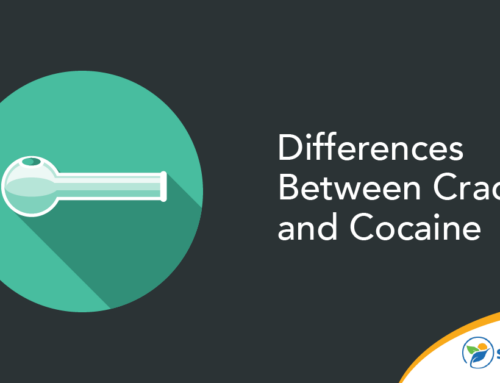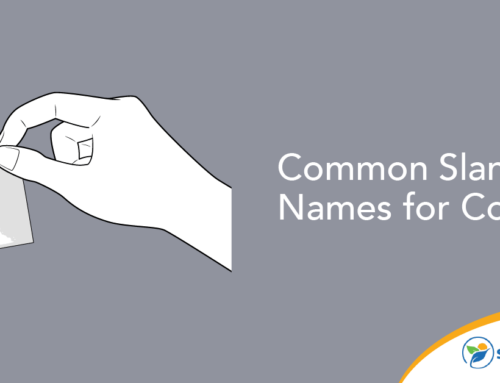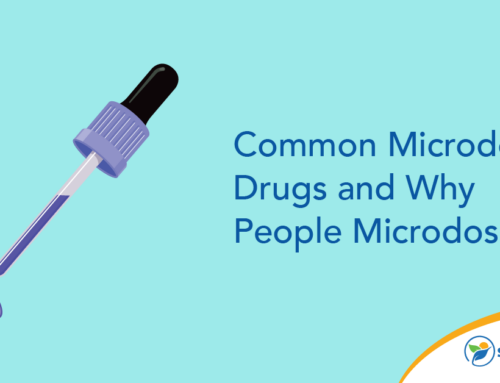Updated August 17, 2023
Although many people believe addiction is genetic and that talking to their kids about substance abuse is pointless, that is hardly the case. However, if you’re left wondering what to do, here are five ways to keep your kids from drug addiction:
- Teach your child that they are special. Make sure your child knows that their worth is not centered around a skill or any behavior, bad or good. Try to instill in your child the understanding that they are worthy of love and care just because of who they are.
- Listen to them. Children will talk endlessly about their favorite cartoons, book, or music. But try not to tune them out. They can tell when you do, and if you don’t hear them when they talk about their favorite music or their friends at school, you can bet they won’t talk to you about the harder stuff.
- Give them autonomy. Giving your child responsibilities and letting them make choices for themselves is training ground. Remember that even though letting your kids have the space to make mistakes is hard, starting early, giving your child the power to make age-appropriate decisions, helps them develop the ability to work through a problem logically. This gives them a sense of confidence that will help them build healthy boundaries and make healthy decisions as they continue through life.
- Help your child build a strong sense of self. Encourage your child to find activities and hobbies that they love. As they grow there is nothing more satisfying than watching kids begin to find the subjects they want to learn about, the communities and friends they build, the causes and creations they will be passionate about. Remember to take an interest in their ideas and their causes. Encourage them to experiment with different forms of expression and creativity. Celebrate their individuality and courage.
- Most importantly lead by example. Your kids learn by watching you. Take care of yourself by remembering your own worth, sense of self, and autonomy.
- Take an active role in their lives. As your children get older, their schedules may fill up with extracurricular activities, after-school jobs and plans with friends. It can be challenging to keep up with their day-to-day schedule, and unfortunately, this is when many parents begin to take a hands-off approach. However, at this stage, your kids need you just as much as they did when they were younger. Your role in their lives has evolved, but your support and guidance are no less important. Get to know your kids’ friends and their parents, along with your kids’ teachers and coaches. Not only can this help you pick up on changes in your kids’ social habits, but it gives other important adults in their lives the opportunity to let you know if they see changes that worry them.
- Keep track of where they are and who they’re with. In most cases, the first drugs they use come from friends or family members. While some parents may worry about being the helicopter parent who hovers too close, there’s nothing wrong with keeping tabs on who your kids are spending time with. If they’re spending time with friends who use drugs or alcohol, you can set boundaries – such as requiring them to only spend time with those friends at your home – or helping them establish new friendships.
- Teach your kids how to say “no.” During adolescence, when children put great importance on how their friends see them, resisting peer pressure is especially difficult. It may be helpful to have your kids come up with different ways to say “no” so that they have an answer prepared if they’re ever offered alcohol or drugs.
- Keep up with regular wellness visits. Your child’s doctor is a powerful ally when it comes to proactively addressing drug and alcohol addiction. During regular wellness visits, the doctor will likely ask your child about drug use and talk to them about associated risks. They may also use standardized screening tools to determine whether your child may be using drugs or to assess the extent of their use.
- Know the symptoms to watch for. Drug use in adolescents comes with some telltale signs that can let you know that professional help is needed. These may include:
- Withdrawing from friends and family
- Changes in peer groups
- Declining grades
- Changes in eating or sleeping habits
- Loss of interest in hobbies
- Skipping school
Should you need more assistance with drug addiction in your family, the medical detox offered at Sunlight Recovery Center is more than ready to help those in and around the Miami Beach area. Contact Us today!








Leave A Comment